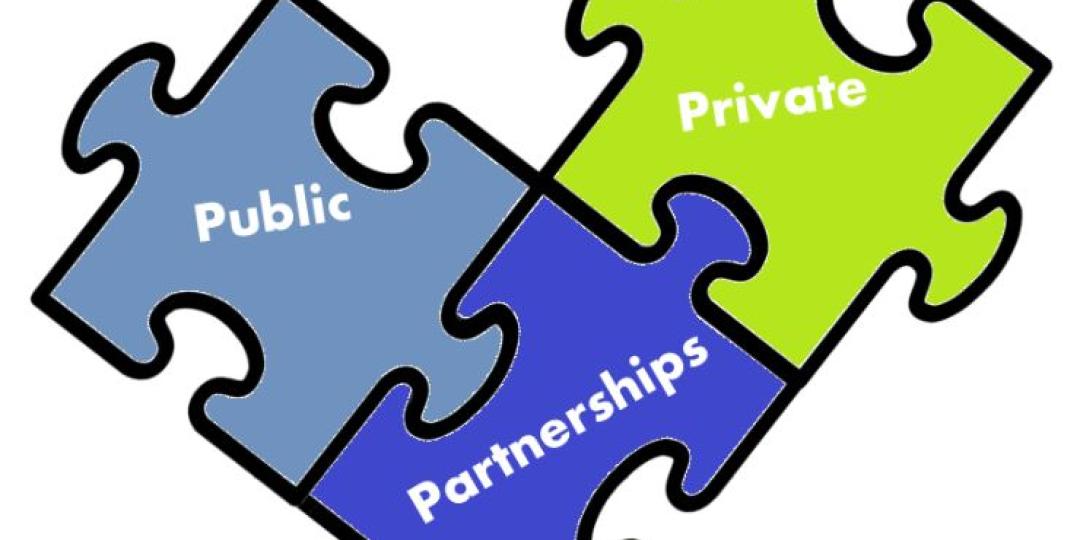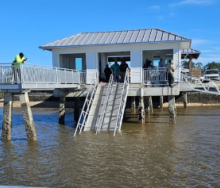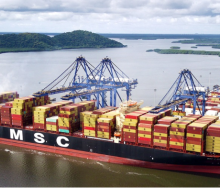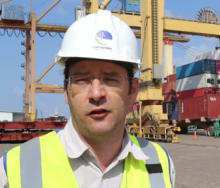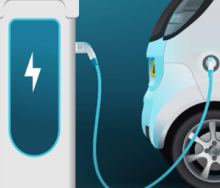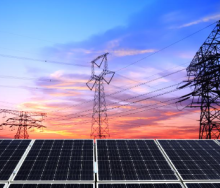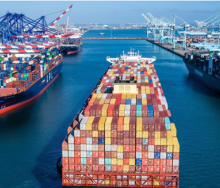The African Development Bank (AfDB) has identified Public Private Partnerships (PPPs) as key to the recovery of African economies post-Covid – and the issue took centre stage when the organisation hosted a virtual webinar earlier this week titled ‘Designing the African Development Bank’s PPP Framework’.
According to the bank five African countries accounted for more than 50% of all successful PPP activity from 2008 to 2018 - South Africa, Morocco, Nigeria, Egypt and Ghana. Several other countries have multiple PPPs in the pipeline - Burkina Faso has 20 and Botswana 8.
“Before the Covid-19 pandemic, African infrastructure was already struggling to structure projects tailored for the private sector that would achieve value for money for the public sector, including affordability for users,” said the organisation’s vice president, Solomon Quaynor. “It is therefore imperative that hybrid solutions such as PPPs be seen and promoted as a way of building back better, stronger, greener, by clawing back private capital to infrastructure while creating much-needed fiscal room for governments to address multiple other demands, including building health systems’ resiliency.”
The AfDB estimates Africa’s infrastructure financing needs at up to $170 billion a year by 2025, with an estimated financing gap of up to $68 to $108 billion a year. PPPs are seen as a vital element in narrowing this gap by crowding in private sector investment in infrastructure.
Webinar participants – who included governments, development finance institutions, the private sector and professional associations - called on the bank to play an expanded role in supporting PPP development by strengthening policy and regulatory frameworks, building government capacity, project structuring and advisory services, and the provision of financing instruments such as de-risking, guarantees, credit enhancements and local currency financing.
